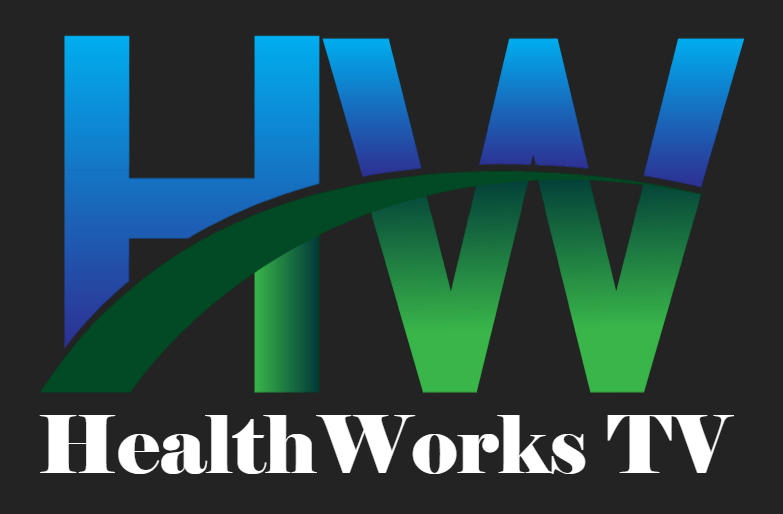
Finding Freedom with Food: A Personal Journey
Many of us have grappled with the unsettling relationship between food and self-image. For much of my younger life, I felt trapped in a cycle of guilt and shame, believing that fat and food were my greatest enemies. My experience mirrors that of countless others who have endured similar struggles shaped by trauma and low self-esteem.
The Cycle of Food Anxiety
For years, I battled bulimia, starting at the tender age of twelve. While I started my journey toward recovery in my early twenties, it felt more like a temporary truce than a permanent solution. I gradually became entangled in rigid food rules and an incessant fear of consuming the “wrong” foods.
This anxiety surrounding eating isn't isolated. It impacts our energy levels, confidence, and overall happiness. The constant preoccupation with food can consume our lives, often making it harder to fully engage in the present moment.
Why Changing Our Relationship with Food Matters
Transforming how we perceive and engage with food can be life-changing. Imagine a world where eating is an enjoyable experience, where your body feels like a safe haven instead of a battleground. With this shift comes a notable enhancement in self-esteem and daily happiness. My decades of struggle have taught me the importance of this dawn of liberation.
Tools for Transformation: A Path to Enjoyment
It's not just about feeling good in your own skin; it's about reclaiming your relationship with food. Enter Jules Clancy, a health coach who understands both the emotional and biological sides of food struggles. Having faced binge eating herself, she provides unique insights that blend scientific understanding with personal experiences.
Jules' free 31-minute training, The Secret to Eating What You Want AND Feeling Good in Your Clothes, offers a roadmap to a healthier mindset surrounding food.
- The three essential skills needed for a naturally healthy relationship with food.
- Six common pitfalls that may have derailed your past efforts so you can succeed now.
- The three phases of healthy eating, guiding you on what to aim for.
- A surprisingly simple, non-restrictive approach to nutrition.
- A small and manageable first step to help ease your eating experience.
Embracing Ease and Enjoyment
In a society that often pushes restrictive diets and unrealistic ideals, learning to embrace food without guilt is revolutionary. Success in fostering a loving relationship with your body and what you eat doesn't stem from rigid rules but from a compassionate understanding of our own needs.
Recognizing emotional triggers, and understanding that relaxation is a key component of enjoying meals can help shift one’s perspective. We should be able to savor food and the experiences it brings rather than view it as a source of stress.
Practical Tips for Shifting Your Mindset
Here are a few actionable insights to help make your journey toward a healthier relationship with food easier:
- Mindful Eating: Take time to appreciate and taste your meals, slowing down your eating pace to enjoy the flavors.
- Self-Compassion: Recognize that struggles with food are common and show yourself grace during slips.
- Daily Affirmations: Encourage positive dialogue with yourself about your body and eating habits to replace negative thoughts.
Inspiration for Change
As you navigate this journey, remember that you are not alone. Providing support to ourselves, listening to our needs, and recognizing the value of seeking help is vital. The journey may be challenging, but the rewards are profound.
If food has often felt like a source of guilt or stress for you, I highly encourage you to check out Jules Clancy’s free training. It’s a fantastic step toward feeling calm, confident, and advocating for your body’s needs.
Conclusion
Ultimately, enjoying food and feeling good in our skin is not just a dream but a possibility attainable through mindful practice, self-compassion, and proper guidance. In pursuing this path, we open ourselves up to a fuller, richer life filled with joy, energy, and well-being.
 Add Row
Add Row  Add
Add 




Write A Comment